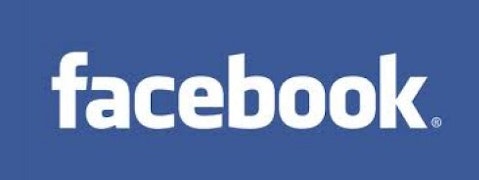Facebook Inc (NASDAQ:FB) is looking for new revenue streams. Users may soon be able to pay a subscription fee to make the social networking site’s annoying ads go away. That trade-off would be worth good money to many current users, who feel Facebook’s service value eroding more with every unwanted sales pitch.

No, I’m here to show you how Facebook Inc (NASDAQ:FB)’s brand-new business idea underscores the shortcomings of our current patent system.
How so?
You see, the idea came to light in a patent application, filed in 2011 but made publicly available a few weeks ago. It paints the ad-free upgrade in extremely broad strokes: “In particular embodiments, the user may select one or more social networking objects to replace advertisements or other elements that are normally displayed to visitors of the user’s profile page that are otherwise controlled by the social networking system. … In particular embodiments, the user is billed on a recurring basis for profile personalization.”
But like I said, Pandora has been doing exactly this for ages, and it’s not like Pandora invented the idea to begin with. In a wider sense, premium cable channels like HBO or Starz serve the same purpose: More content, fewer distractions, no advertising. Sirius XM Radio Inc (NASDAQ:SIRI) offers the same ad-free value proposition in the radio space, as long as you’re willing to pay for the privilege.
And now Facebook Inc (NASDAQ:FB) wants to patent the idea of paying more for a more personalized, less distracting service. The application is silly on the face of it, but the Patent Office is likely to grant it anyhow. You know, like they handed Apple Inc. (NASDAQ:AAPL) a design patent for rectangular tablets with rounded corners — a crazy grant that Cupertino nevertheless has wielded with some success in courts around the globe.
Welcome to Crazytown!
We’re walking down a very dangerous road here. Somebody needs to put a stop to gratuitous patent grants before true innovation becomes impossible.
Patents are supposed to reward inventors of original ideas. Patents like this one only rewards the first person or company to file a claim for patently obvious ideas.
For another example of misguided patent grants, consider Vringo, Inc. (NYSEAMEX:VRNG) (NYSEMKT:VRNG). The company owns patents on such brain-bending innovations as placing ads next to search results. Business value: billions of dollars. Innovation value: zero. Any fifth-grader could come up with the same idea independently, but Vringo’s predecessors happened to file the first patent claim.
So a completely obvious idea becomes a bludgeon in worldwide patent lawsuits. Facebook Inc (NASDAQ:FB) is just looking for another mallet, if only to beat back baseless suits from whoever actually tried to patent this plain old business process first.
The article Facebook’s Next Revenue Idea Shines a Spotlight on Patent Problems originally appeared on Fool.com and is written by Anders Bylund.
Fool contributor Anders Bylund holds no position in any company mentioned. Check out Anders’ bio and holdings or follow him on Twitter and Google+. The Motley Fool owns shares of Apple and Facebook. The Fool has bought calls on Facebook. Motley Fool newsletter services have recommended buying shares of Facebook and Apple. Motley Fool newsletter services have recommended creating a covered bull call spread position in Apple.
Copyright © 1995 – 2013 The Motley Fool, LLC. All rights reserved. The Motley Fool has a disclosure policy.





